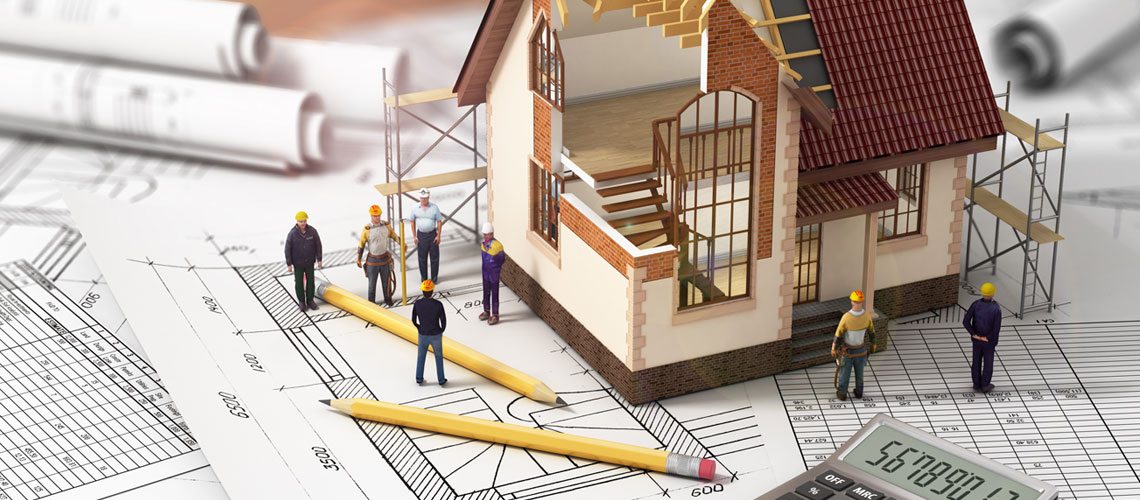
When planning to build a home, renovate a property, or develop a new real estate project, one of the biggest challenges is securing the right type of financing. Traditional mortgages are not designed to cover construction costs, which is why many homeowners, builders, and investors turn to construction loans. These short-term financing solutions provide the necessary capital to cover materials, labor, and permits while ensuring the project stays on track until completion. For long-term success, many borrowers also explore property management solutions to help protect and optimize their investment once the construction phase is complete.
Unlike conventional home loans, construction loans are designed to fund the building process itself. The funds are typically released in phases, known as “draws,” which align with different stages of construction. This approach ensures money is distributed responsibly, reducing financial risk for both the lender and the borrower.
How Construction Loans Work
A construction loan usually lasts for 6 to 24 months, depending on the scope of the project. Instead of receiving the entire amount upfront, borrowers get funds as milestones are completed, such as pouring the foundation, framing, or finishing the interior. Lenders often require inspections before releasing funds, ensuring that progress is consistent with the construction plan.
Borrowers generally make interest-only payments during construction. Once the project is complete, the loan can either be paid off in full (such as when the property is sold) or converted into a traditional long-term mortgage.
Types of Construction Loans
There are several loan types designed to meet different borrower needs:
- Construction-to-Permanent Loan – Combines the construction phase and permanent mortgage into one loan, avoiding multiple closings.
- Stand-Alone Construction Loan – Covers only the construction period. A separate mortgage must be arranged afterward.
- Renovation Loan – Finances remodeling or large-scale renovations for existing properties.
- Owner-Builder Loan – Available for borrowers acting as their own contractor, though approval can be more challenging.
Benefits of Using Construction Loans
- Custom Home Opportunities – Homeowners can build properties tailored to their needs.
- Controlled Fund Release – Money is distributed gradually, ensuring it’s used appropriately.
- Interest-Only Payments – Easier to manage finances during construction.
- Professional Oversight – Lenders often require regular inspections, adding accountability.
Potential Challenges
While construction loans offer flexibility, they also come with hurdles:
- Higher Interest Rates – These loans often cost more than traditional mortgages.
- Complex Approval Process – Lenders require detailed project plans, budgets, and a reputable contractor.
- Strict Timelines – Delays in construction can lead to extended costs.
- Down Payment Requirements – Borrowers may need to put down 20–25% of the project cost.
Who Benefits Most from Construction Loans?
- Homeowners building custom residences.
- Investors financing new housing or multi-family projects.
- Developers working on large-scale commercial or residential builds.
- Property Owners planning major remodels or expansions.
How to Qualify for a Construction Loan
To secure approval, borrowers usually need:
- A strong credit score (often 680+).
- A low debt-to-income ratio.
- A comprehensive construction plan with cost estimates.
- Proof of hiring a reliable builder or contractor.
- A significant down payment.
Choosing the Right Lender
Not all lenders offer construction financing, so it’s important to work with a company that specializes in this area. Experienced lenders understand the complexities of draw schedules, inspections, and final loan conversions, making the process smoother and more efficient.
Final Thoughts
Construction loans are a vital resource for anyone planning to build, renovate, or develop property. They provide the necessary funding during the building phase while offering flexibility and accountability throughout the process. Although they come with higher costs and stricter approval requirements, their ability to finance projects from the ground up makes them invaluable.
